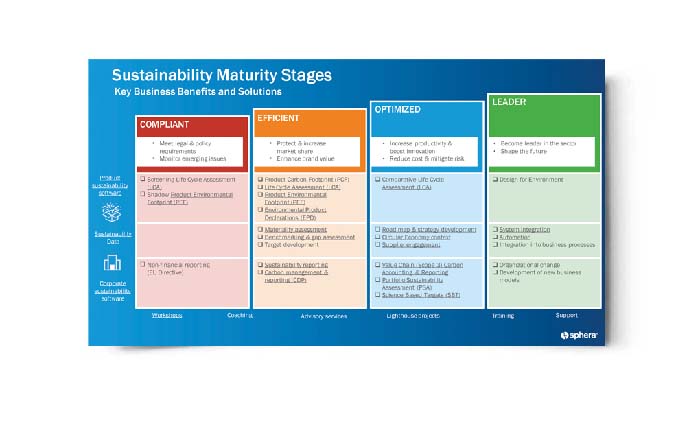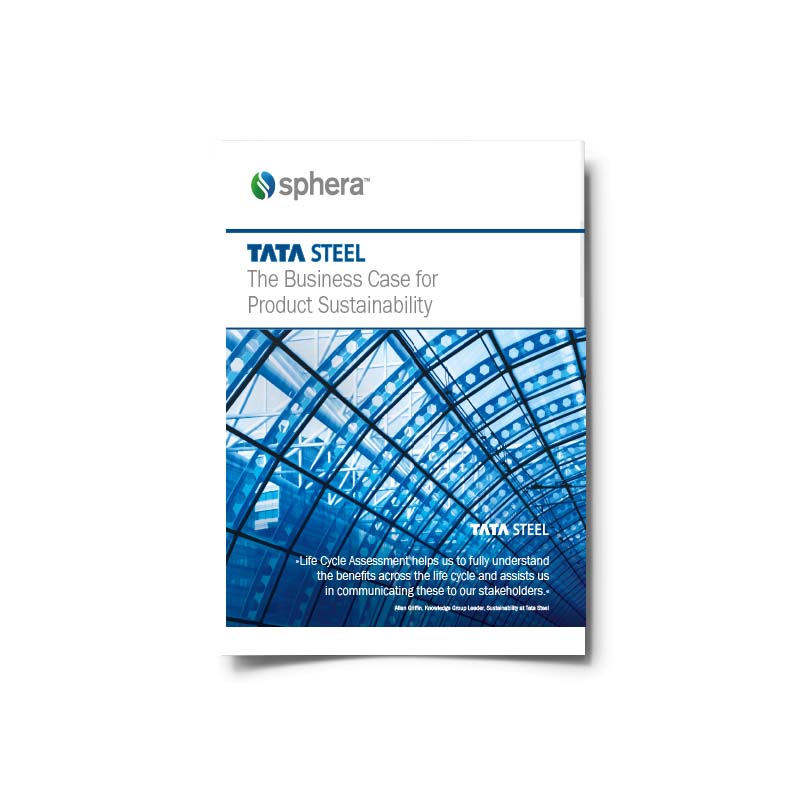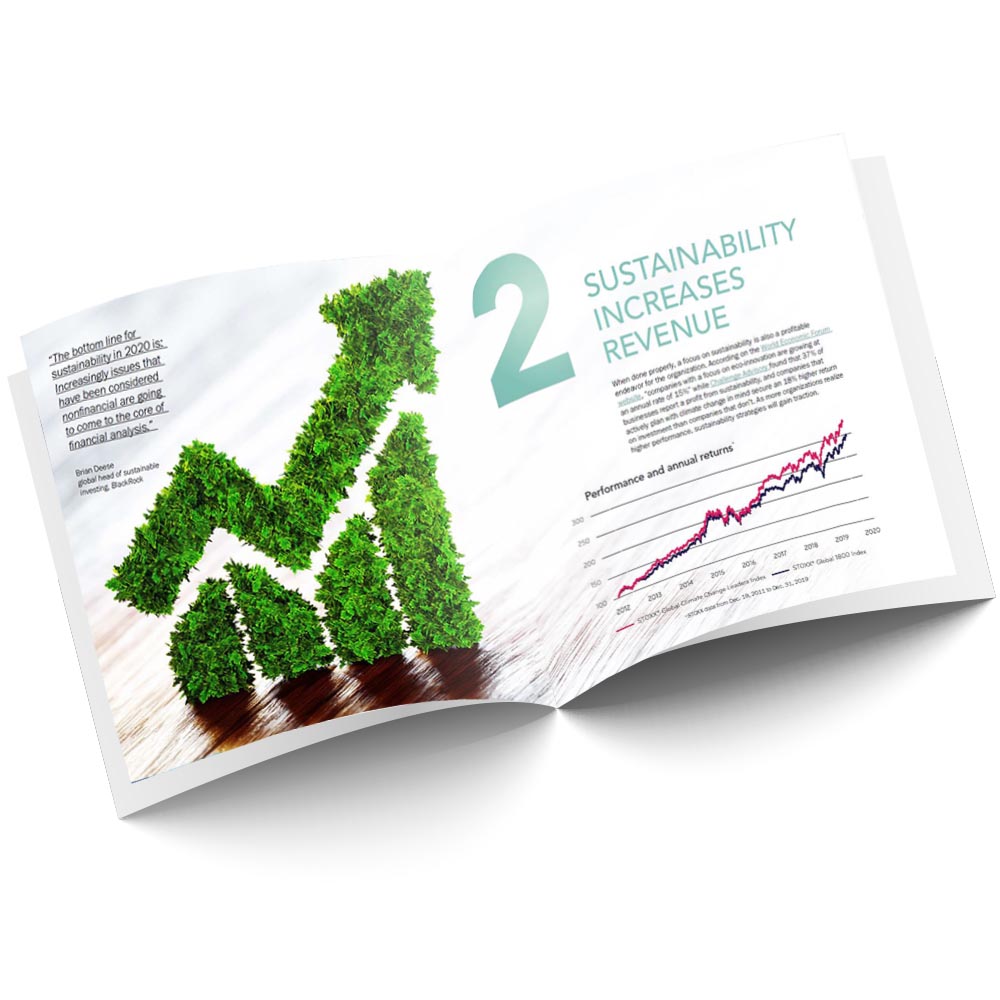Sphera CEO Paul Marushka recently spoke at Visionary 200, an event that brought together sustainability executives to discuss challenges in developing sustainable strategies for the future. These discussions also highlighted opportunities for corporate sustainability success.
Here are some of the top takeaways to know.
Challenges to Sustainability Strategy Success in 2023
Challenges that have emerged in the past year are forcing companies to adjust sustainability strategies for 2023. These challenges include:
- Rising inflation: Globally, prices are at their highest since 1981, impacting the cost of doing business on every level of the supply chain.
- The war in Ukraine: The war in Ukraine has affected everything from trade agreements to the global supply chain, restricting the flow of goods to cause record price increases and product shortages. As a result, consumers are rethinking their spending decisions, which impacts companies’ bottom lines.
- Extreme weather events: Weather extremes caused disruption across the globe this summer, and these events are expected to increase in number and severity as climate change worsens. Climate change represents the greatest long-term threat to the global economy, with the world at risk of losing $23 trillion in economic output if net-zero climate targets aren’t met.
- COVID-19: While restrictions related to COVID-19 have eased in some countries, the COVID-19 pandemic is not over by any means. Its effects are still being felt across industries, presenting logistical challenges for many. Rising consumer demand for some products and the supply chain bottlenecks caused by port closures during COVID-19 are just some of the issues companies are facing and will continue to face in 2023.

Advance Sustainability with ESG Reporting
Sustainability strategy success in 2023 will depend on a company’s ability to evolve and prepare for regulatory directives, as well as addressing other stakeholder pressures. Across the globe, ESG reporting is becoming mandatory. Prioritizing ESG reporting is a necessary step toward ensuring greater sustainability and compliance in 2023.
Companies with robust ESG strategies experience better financial performance, pose a lower risk to investors and are more resilient during a crisis. ESG reporting provides a snapshot of a company’s operations, helping investors avoid corporations that could pose a significant financial risk due to their environmental impact.
Companies can begin their ESG journeys by:
- Creating an action plan with ESG goals, tracking progress and communicating results to stakeholders.
- Identifying emissions hotspots and establishing specific sustainability and ESG targets.
- Surveying supply chain partners and other stakeholders to gauge their environmental impact.
As part of their ESG programs, companies should also conduct a materiality assessment. This process helps identify and categorize material issues that impact performance and regulatory compliance, as well as contribute to strategic planning and corporate sustainability compliance objectives. A continuous loop of feedback and adaptation will lead to lasting growth and improved sustainability performance.

Ingrain Sustainability into Core Business Operations
The right software, data and expertise can help establish sustainability practices within an organization to ensure long-term growth and sustainability. Having ESG at the core of business decisions allows for greater visibility into a company’s operations, which leads to enhanced sustainability performance, ultimately building a safer, more sustainable and productive world for everyone. After all, companies today are accountable not only to stakeholders and regulators but to future generations as well.










